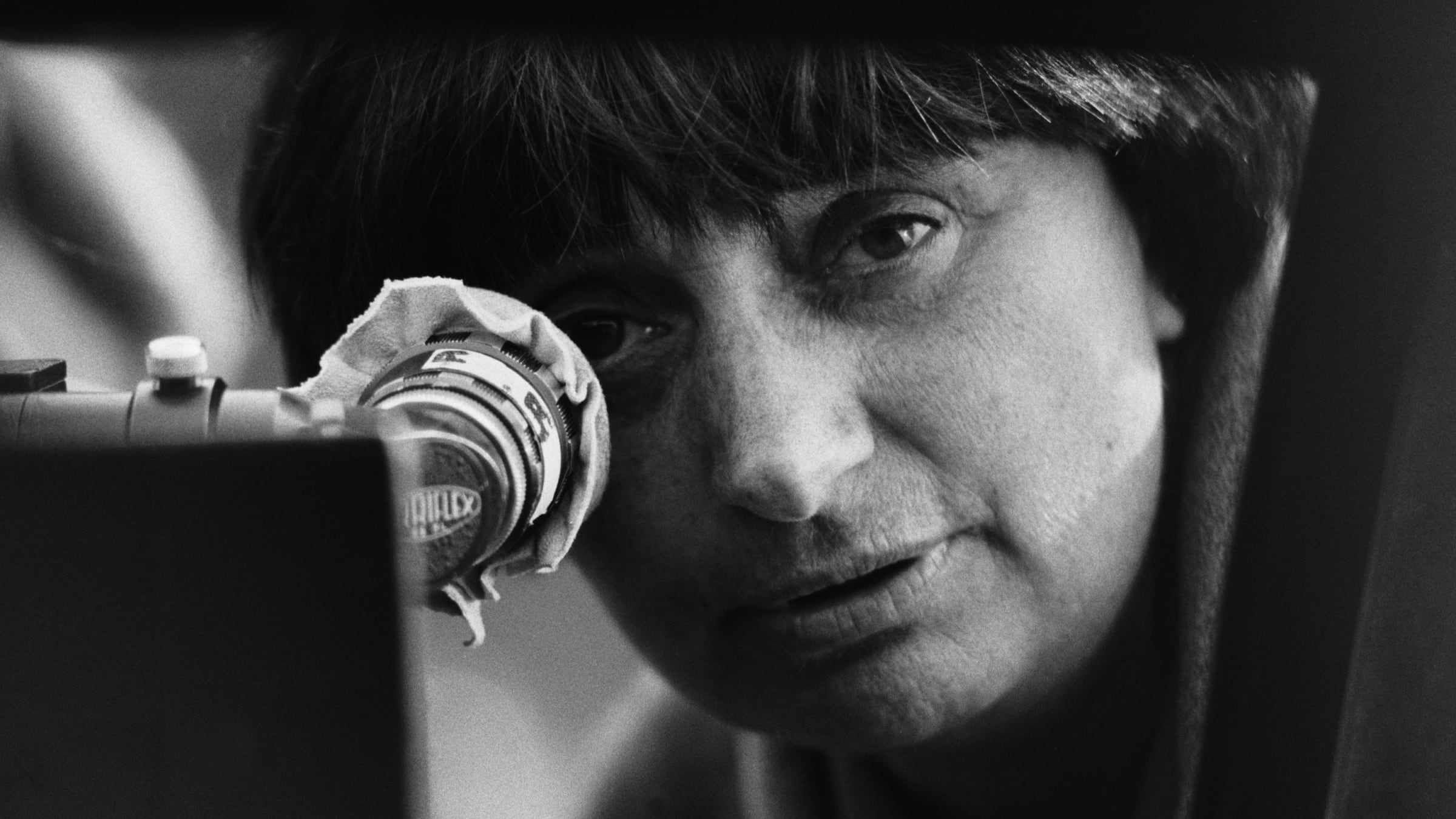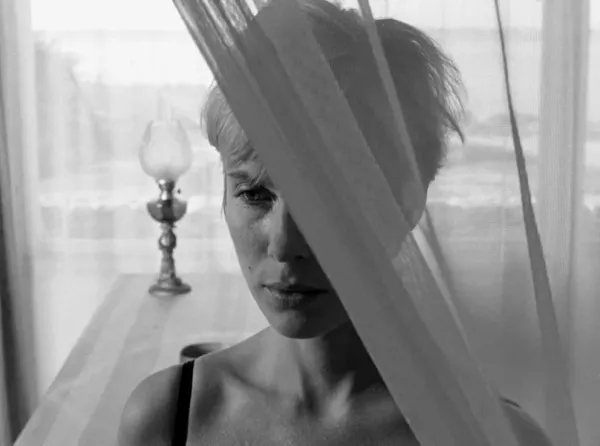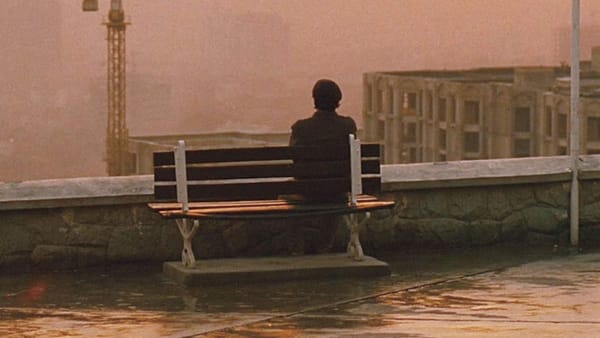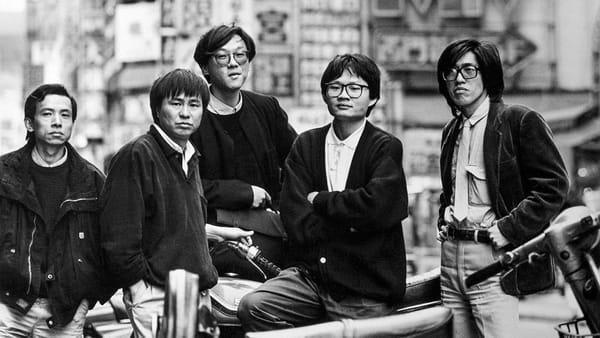Agnes Varda: Blending Autobiography & Fiction in Cinema
We explore Agnes Varda's life and focus on her dichotomous filmmaking, feminist stance, and humanistic vision.

In 1955, when Agnes Varda released La Pointe Courte, she was a modest photographer with little to no professional training, and, as she claims, “had seen virtually 10 films before making it (La Pointe Courte).” However, La Pointe Courte will go on to be a precursor and a defining film of the French New Wave, becoming a cult classic. Often acclaimed to the grandmother of the French New Wave, Agnes Varda has eclectically composed each of her films with the documentary of her social consciousness and fiction of her cinematic world entangled. The conjuction of autobiographical manifolds seeping into geographical and temporal dimensions of the film, while the fictional narrative constructs a seeming structural connection to her urgently activist insights and personal experiences. Her first work as a filmmaker, La Pointe Courte, serves as a more engaging example of her dichotomous filmmaking. A simple story of a couple moving to the countryside to decide on their relationship, the chromatic black and white juxtaposition is complemented by other dichotomous elements of the film such as the realist aesthetics of the villagers and the high culture characteristic of the protagonists, the blend in locational realism and fictional consequentalism, and autobiographical injunction and fictional prose.
Following La Pointe Courte, her works with Cleo from 5 to 7, Le Bonheur, and then following her work in Los Angeles counterculture movement, the quintesentially supreme Lion's Love and Vagabond, and her casually anthropological works and after Rosalie Varda was born (such as Daguerreotypes), Kung fu Master may come as a more passively silent addition to her vibrant filmography. Casting her own family (in the film), and coming with Jane B. pas Agnes, Varda begins to explore ethical inpalatability of a family affair between a young boy and a mother, and a mother-daughter rivalry that evolves around it. The social validity of a relationship as this, the delicacy and autonomy of their emotions are implored. After Demy dies, a handful of documentaries around Demy and his works were made. But, with the turn of the century, the access to cheap portable cameras and her spirit for documentation, she began to expand to a more innovative filmmaking. Starting with Gleaners and I and its sequel, her impressions on turning eighty in The Beaches of Agnes, Faces Places, and her lecture documentary - Varda by Agnes. Faces Places is not just Varda's late stage warmly humane film, but also Varda's primordial desires to explore the world through photography. As she traverses through villages in France, making portraits, Varda develops on her memory around Godard. A warm and witty film, we see Varda welcome her poor vision just as she welcomes her joy and her pain.




